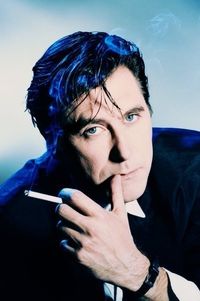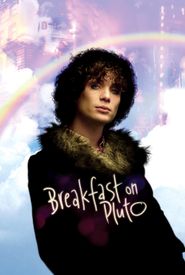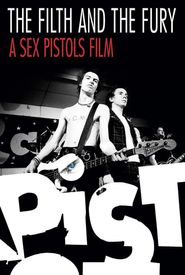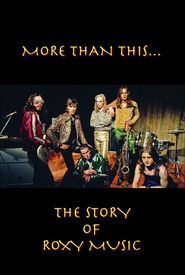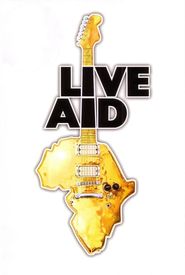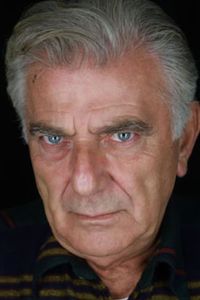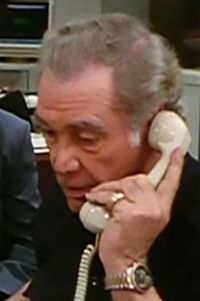Son of a coal miner, Bryan Ferry, a multifaceted artist, nurtured his musical talents while pursuing his passion for art at the University of Newcastle. In 1971, Ferry co-founded Roxy Music, a pioneering band that would go on to shape the music landscape, alongside renowned composer and synthesizer player Brian Eno, who would later depart in 1973.
As the frontman of Roxy Music, Ferry's distinctive voice and style captivated audiences, but as Eno bid farewell, Ferry took the opportunity to explore a new direction with his solo debut, "These Foolish Things", showcasing a smooth, crooning approach that diverged from Roxy Music's Glam Rock trajectory.
As Roxy Music continued to evolve, it became evident that Ferry's artistic journey was multifaceted, with the band enjoying significant success in the UK while struggling to make an impact in the US. Notable hits on American shores included "Love Is the Drug" (1975),"Avalon", and "More Than This" (both in 1982).
Following Roxy Music's eventual disbandment, Ferry redirected his focus to his solo career, releasing five albums that maintained his signature crooning style. Notable solo hits include "Don't Stop The Dance" (1985) and "Kiss and Tell" (1988),which featured in the motion picture Bright Lights, Big City (1988).
Ferry's solo discography is characterized by self-penned songs, such as "Boys & Girls", "Bête Noire", and "Mamouna", as well as thoughtful covers, including "These Foolish Things", "Taxi", and "As Time Goes By", his most recent release.
Bryan Ferry's remarkable journey has been marked by his versatility, adaptability, and dedication to his art, solidifying his position as a unique and enduring musical force.
